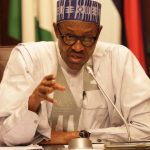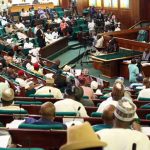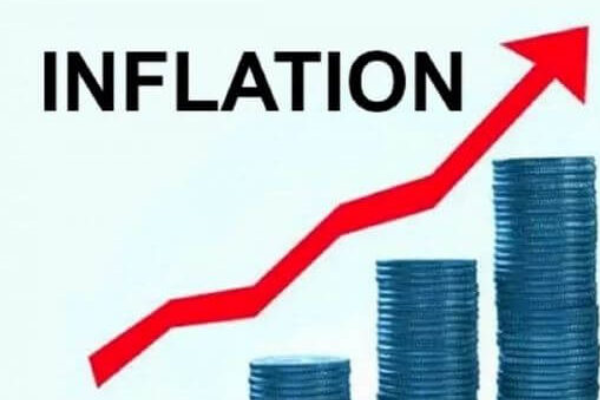The Honourable Minister of Communications and Digital Economy and Chairman of the National Frequency Management Council (NFMC), Professor Isa Ali Ibrahim (Pantami), has chaired the 58th Regular Meeting of the Council with critical decisons on the management of Radio Frequency and Others taken.
The Council as part of decisions resolved to remind members of the public, Ministries, Departments and Agencies of Governments that by the provisions of Section 28 of the Nigerian Communications Act 2003 (NCA 2003), the NFMC is the apex body for Radio Frequency Spectrum Administration in Nigeria.
Accordingly, any radio frequency-based equipment that is to be installed by any individual, private company, Government or Non-governmental Organisation (NGO) for the purpose of management of the radio frequency spectrum, in whatever guise, must be cleared by the NFMC.
For further clarification, commercial private companies/organisations should contact the statutory regulatory bodies, i.e., National Broadcasting Commission (NBC) and Nigerian Communications Commission (NCC) for commercial broadcasting and telecommunications entities, respectively.
The Federal Ministry of Communications and Digital Economy manages radio frequency spectrum that are used by entities such as Ministries, Departments and Agencies (MDAs) of Governments, Embassies, Diplomatic Missions, Non-governmental Organisations (NGOs), individuals and private companies/organisations for non-commercial purposes.
Furthermore, management of the Radio Frequency spectrum by the Ministry includes planning, assignment, coordination, resolution of harmful interference complaints, monitoring and licensing of radio frequency spectrum and radio communication stations for the category of users mentioned above.
No civil MDA, individual, private, or public entity is authorized to install radio frequency-based equipment for the purpose of monitoring or managing the spectrum of its organisation or sector unless it is cleared and duly authorized by the NFMC.
Entities that already have such installations must hand them over to the Ministry of Communications and Digital Economy and arrange on how to collaborate with the Ministry to achieve their objectives. Refusal to declare and handover such equipment or systems constitute security risk to the nation and may therefore attract severe sanctions and possible prosecution.
The Federal Ministry of Communications and Digital Economy will continue to support the development of Nigeria’s digital economy in a safe and sustainable way.














